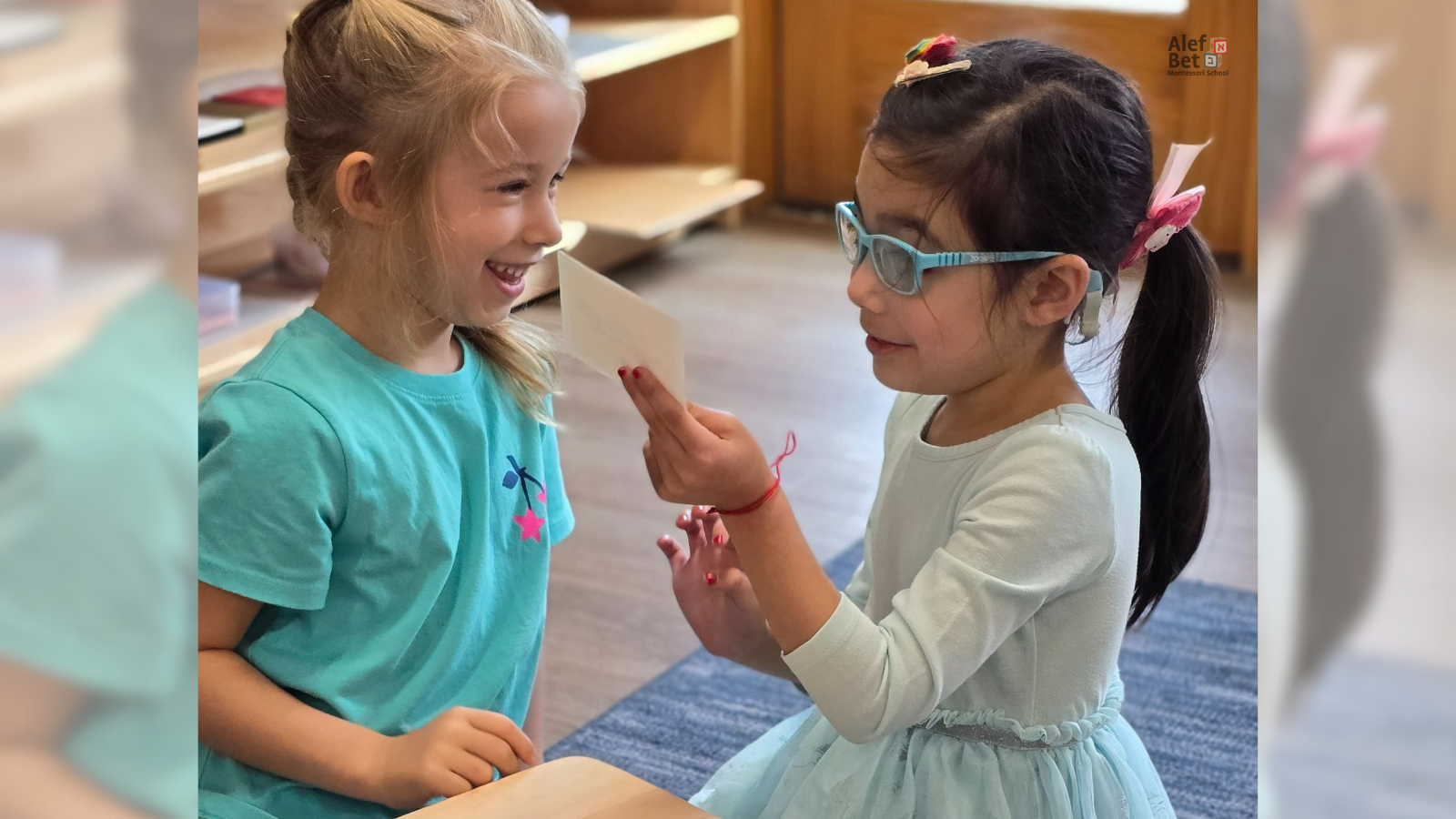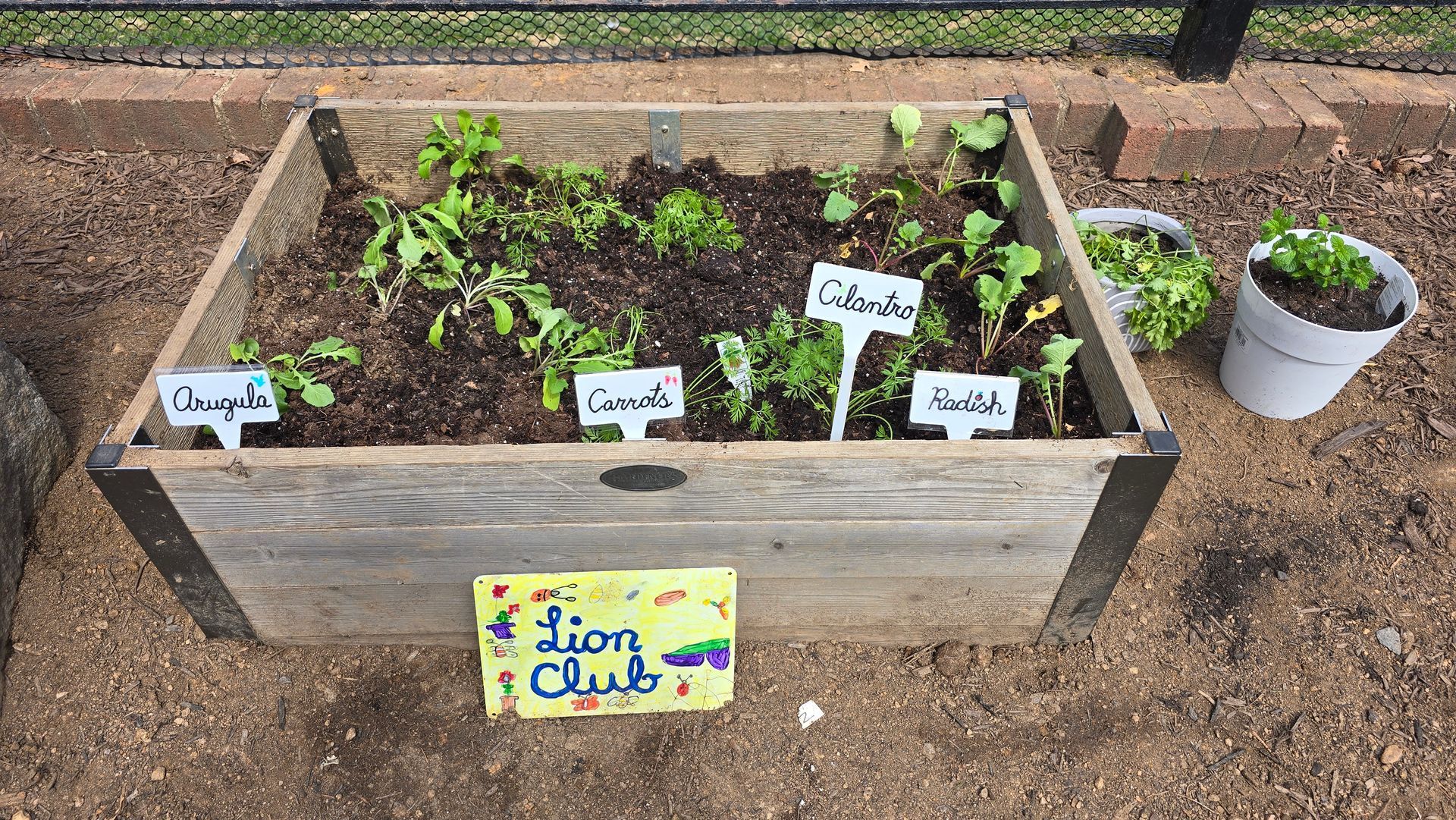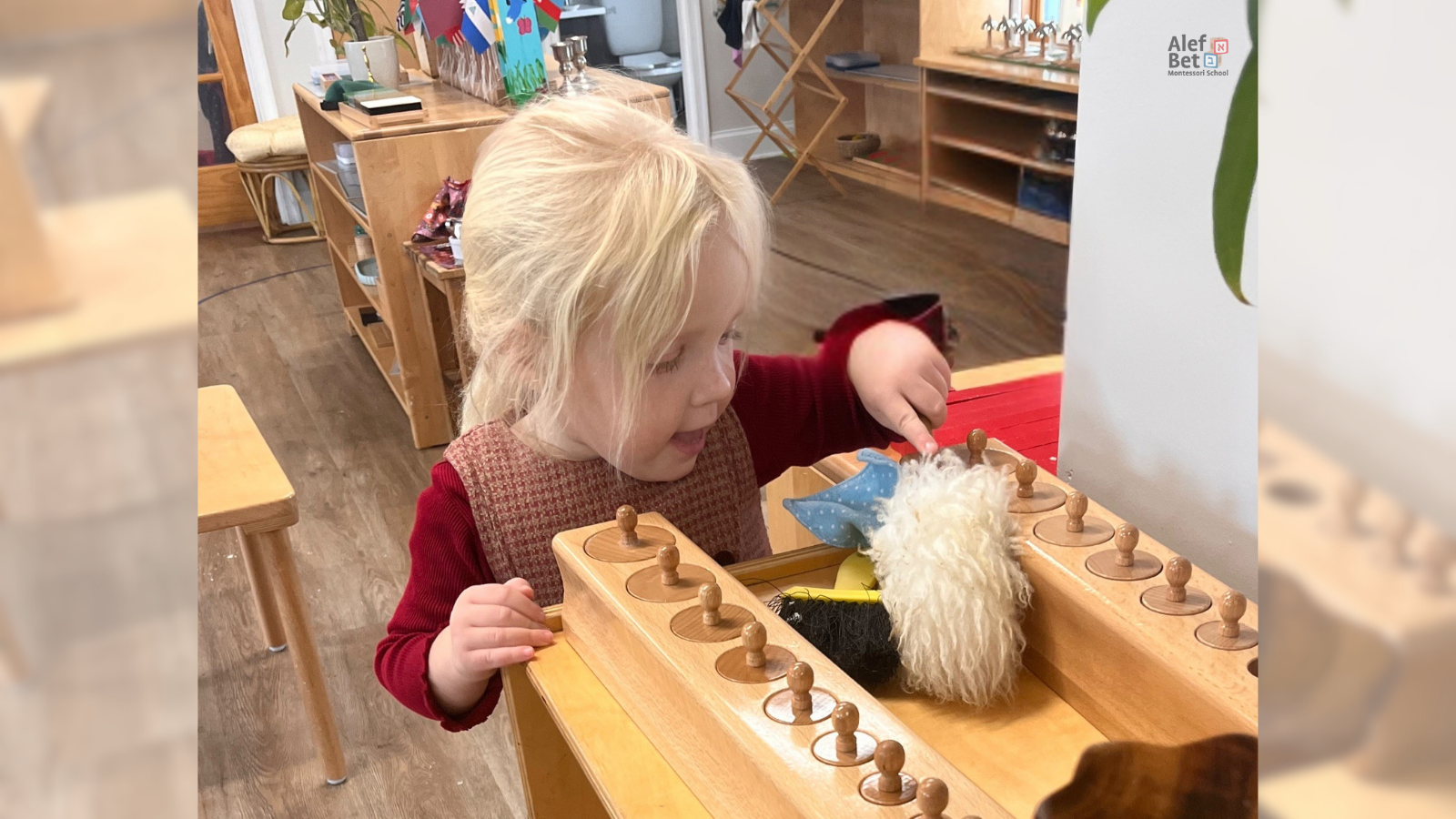Story Telling – Great Lesson
Gabi Cohen • January 29, 2021
This week we learned the First Great Lesson. We learn in the first lesson of the coming of the universe. Children then used a circle template to draw the planets. We still enjoy botany activities and we fill pots for Tu B’shvat planting.
The post Story Telling – Great Lesson appeared first on Alef Bet Montessori School.
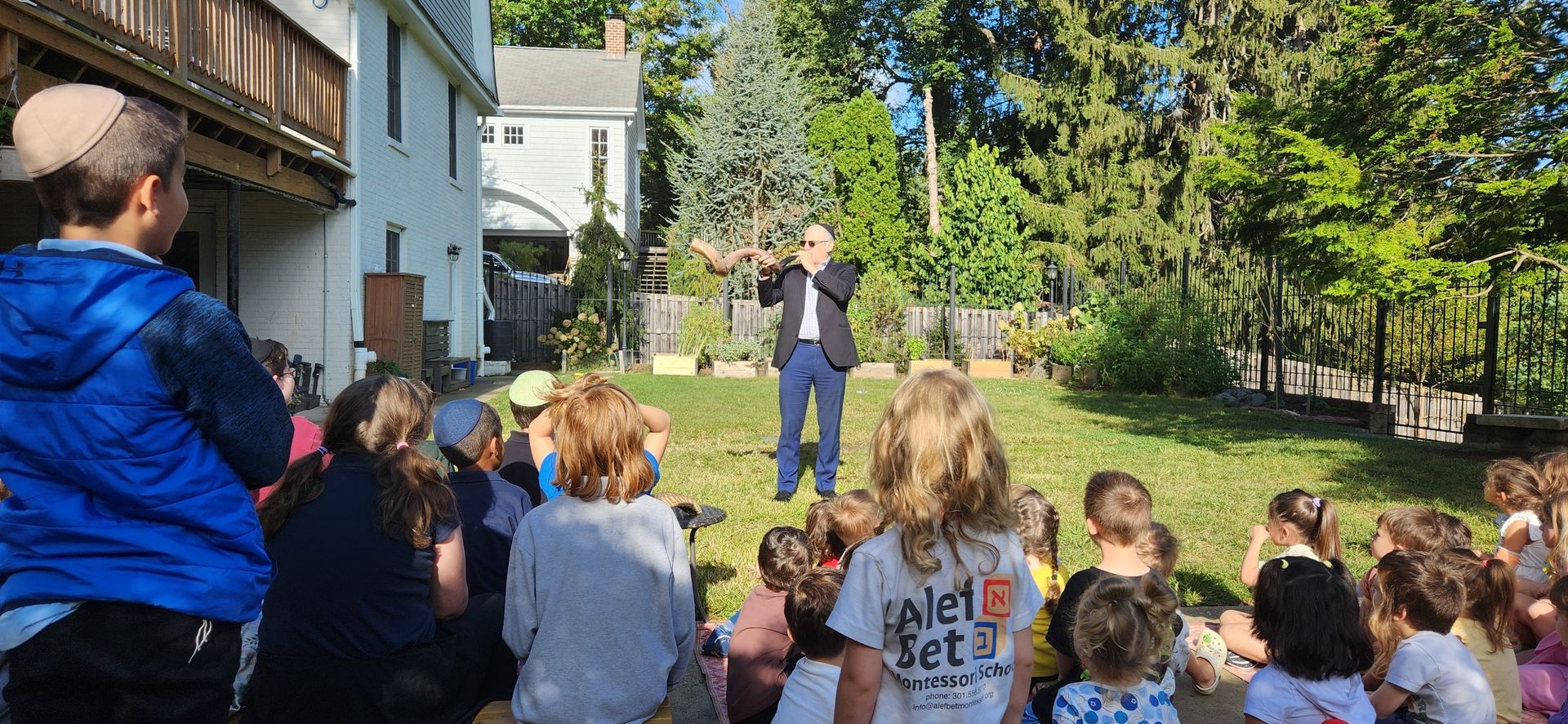
This week, our children experienced the beautiful tradition of shofar blowing . Each year, we have the honor of welcoming Mr. Boltax , who shares this special moment with our community. The shofar, made from a ram’s horn, is blown during the month of Elul and on Rosh Hashanah , the Jewish New Year. Its sound is a reminder to pause, reflect, and prepare our hearts for the year ahead. In the classroom, the children have been learning to recognize the different tkiot (shofar sounds). With Mr. Boltax, they were able to see, touch, and even try to blow real shofars . They listened carefully to the sounds of different shofars and practiced distinguishing between the tkiot they had learned. In true Montessori spirit, the children engaged with all their senses—watching, listening, and trying for themselves. Moments like this connect our students not only to Jewish tradition, but also to a sense of wonder, discovery, and community.
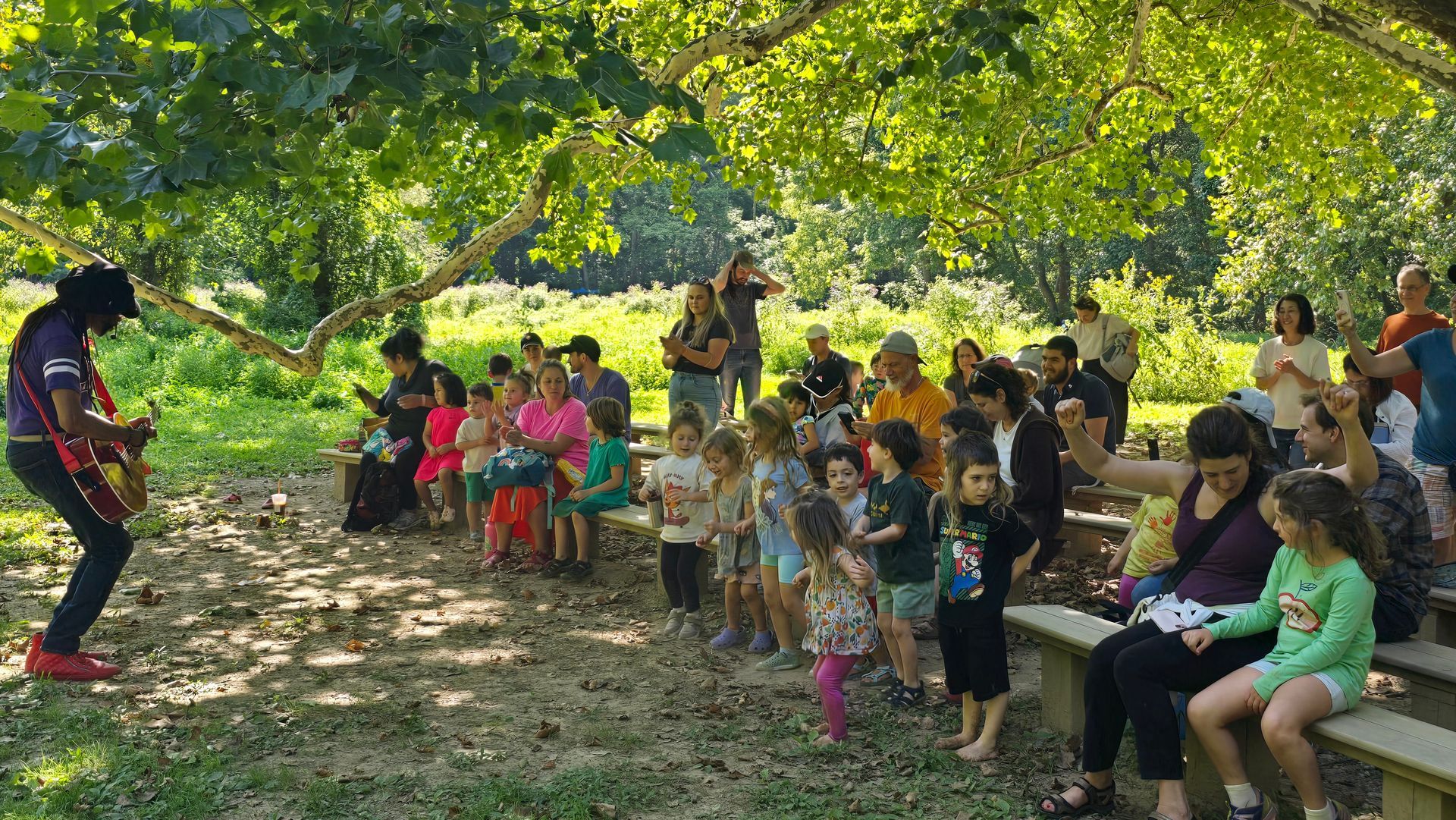
This week, our families came together for a beautiful Water Walk & Picnic at Locust Grove Nature Center. The children splashed, laughed, and explored as they enjoyed time with the water, a delicious snack, and a lively music activity. It was a wonderful opportunity for our community to gather outside the classroom—parents, children, and teachers sharing smiles and creating memories. The photos capture the pure joy of the day and the sense of connection we all felt being together. We are grateful for everyone who joined and look forward to more moments of bonding and celebration as a community.
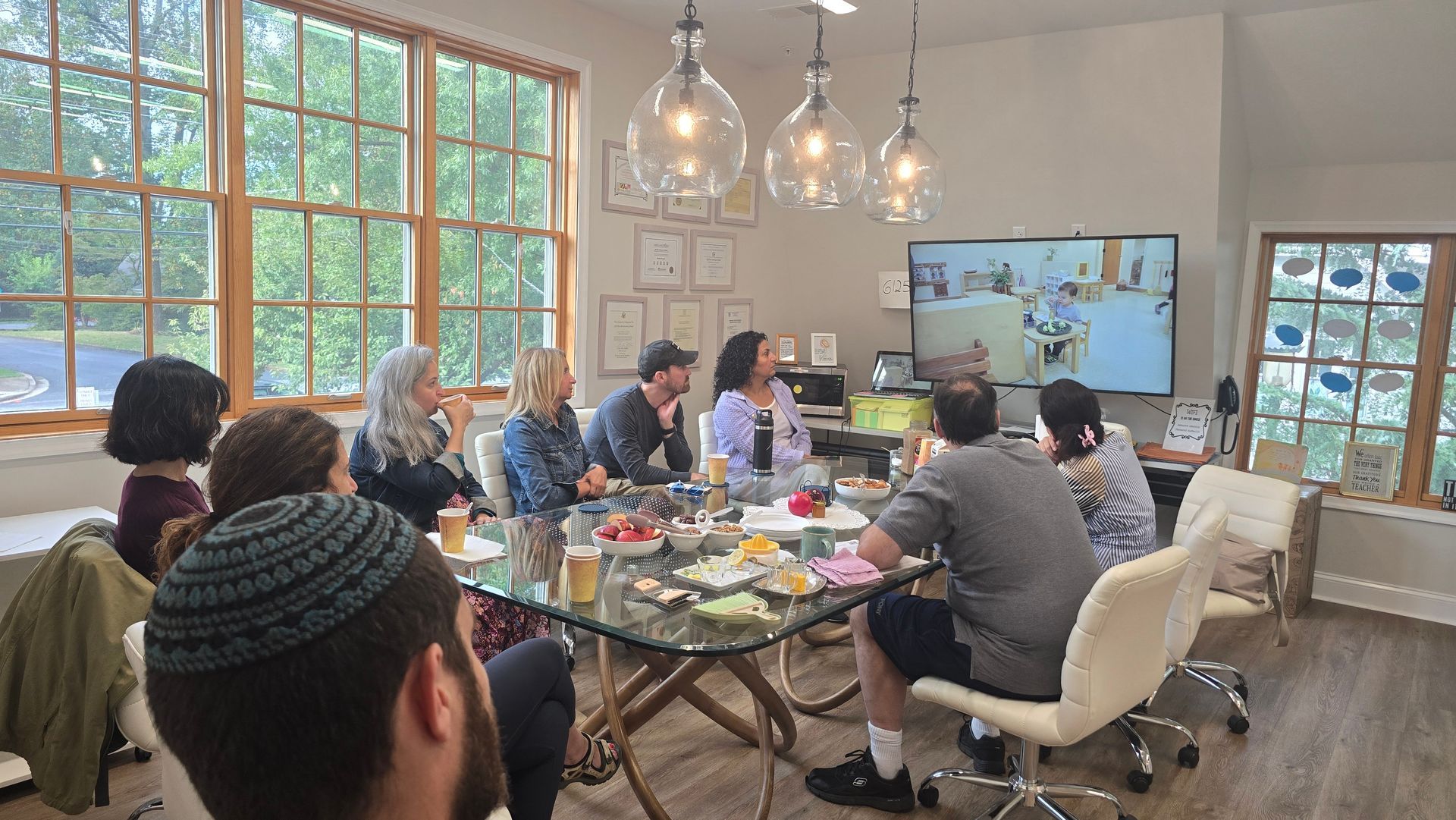
This morning, we gathered with parents for our first Coffee with the Director of the year. The focus of our conversation was One-on-One Montessori at Home—sharing practical ways to extend your child’s learning outside the classroom in meaningful, natural moments. It was a warm and thoughtful discussion, and we are grateful for the close connection we share with our parents. Together, we reflected on how to keep the Montessori process alive at home—through independence, respect, and small opportunities for children to contribute and grow each day. We look forward to continuing these conversations and building on our shared journey. Stay tuned for our next Coffee with the Director—we can’t wait to see you there!
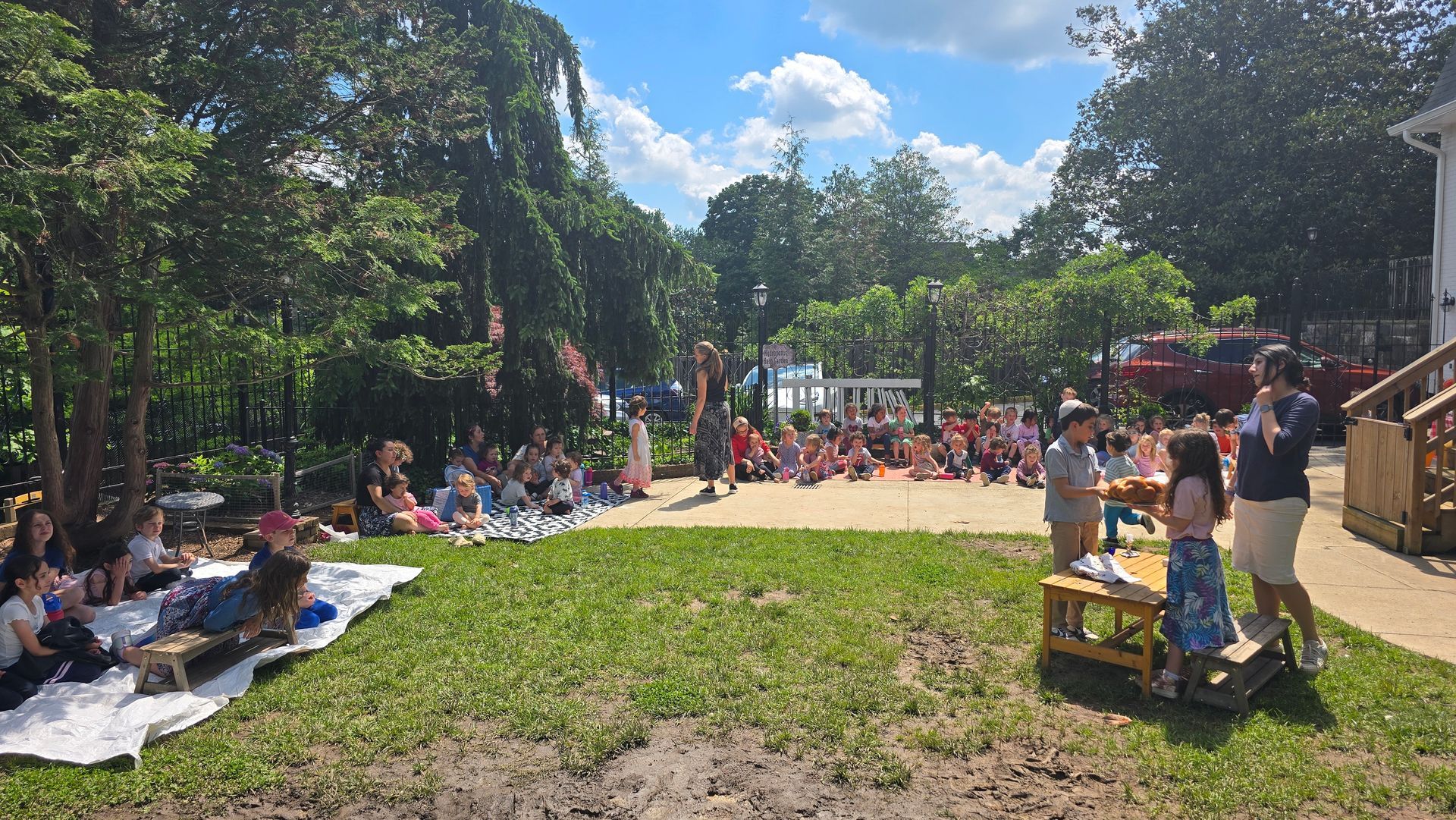
Today, our school came together for a truly special Shavuot celebration — a day filled with sunshine, delicious dairy dishes, and the spirit of community that makes our school so unique. Shavuot, the holiday where we celebrate receiving the Torah, is also a time of gratitude, generosity, and delight in learning — all values that align beautifully with Montessori education. In true Montessori spirit, where independence, responsibility, and purposeful work are core principles, each class took on the joyful task of preparing part of our dairy feast. This collaborative effort helped children develop a sense of contribution, ownership, and care for their community.
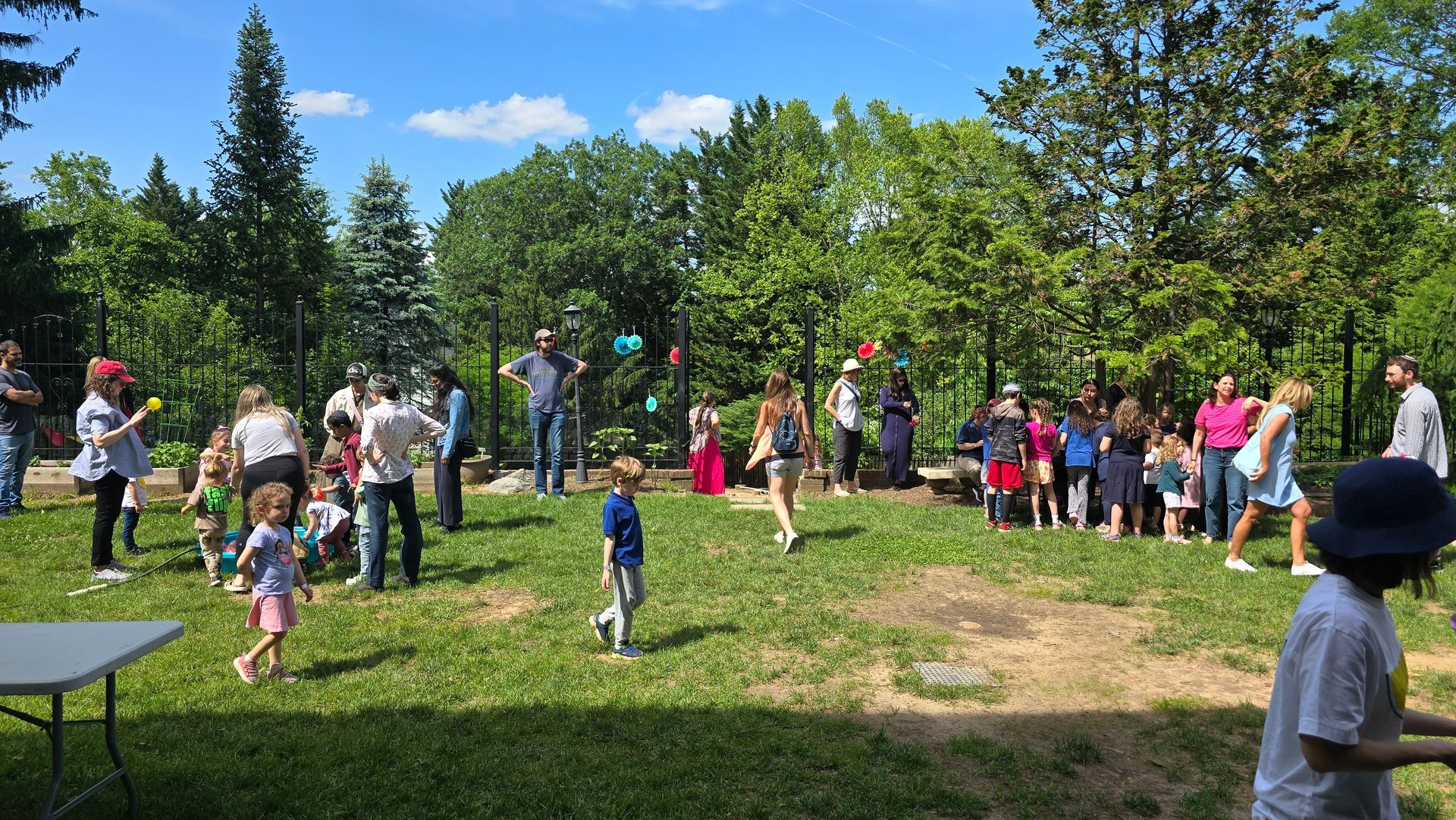
We gathered with our school families to celebrate Lag Ba’Omer —a day filled with light, laughter, and deep-rooted Jewish values. The spirit of this special holiday was alive in every corner of our celebration, as children and parents came together for an afternoon of connection, creativity, and fun. Lag Ba’Omer is a joyful break in the Omer count, commemorating both the end of a tragic plague among Rabbi Akiva's students and honoring the life of Rabbi Shimon Bar Yochai , a mystic who brought great light into the world through his teachings. It’s traditionally marked with outdoor gatherings, bonfires, and celebrations of Jewish unity and resilience—values that were beautifully reflected in our school’s event. Families joined us on campus for a delightful mix of activities that made this Lag Ba’Omer both meaningful and memorable: 🎨 Face painting and crafts invited the children to express their creativity and joy, bringing color and imagination into the day. 🎯 Fun games gave families the chance to laugh and play together—reminding us of the simple joy in being together as a community. 🧺 We shared a picnic-style falafel meal , spreading out on the grass to enjoy delicious food and each other’s company in the fresh air. 🔥 Of course, no Lag Ba’Omer would be complete without a fire , and ours was the heart of the celebration. Families gathered around to roast marshmallows for s’mores , and in a special twist, we also dropped potatoes into the fire to bake , connecting to the rustic, outdoor customs of the day. This event wasn’t just about fun—it was a living expression of Jewish values : community (kehilla) , joy (simcha) , tradition (masoret) , and gratitude (hakarat hatov) . Watching families connect with one another, children delight in the magic of the fire, and everyone pause to enjoy the moment reminded us of the beauty and strength of our shared heritage. We’re grateful to everyone who joined us and helped make this Lag Ba’Omer so special. Celebrations like these are a vital part of what makes our school more than just a place of learning—they make it a vibrant, connected community where Jewish life is lived with meaning and joy.
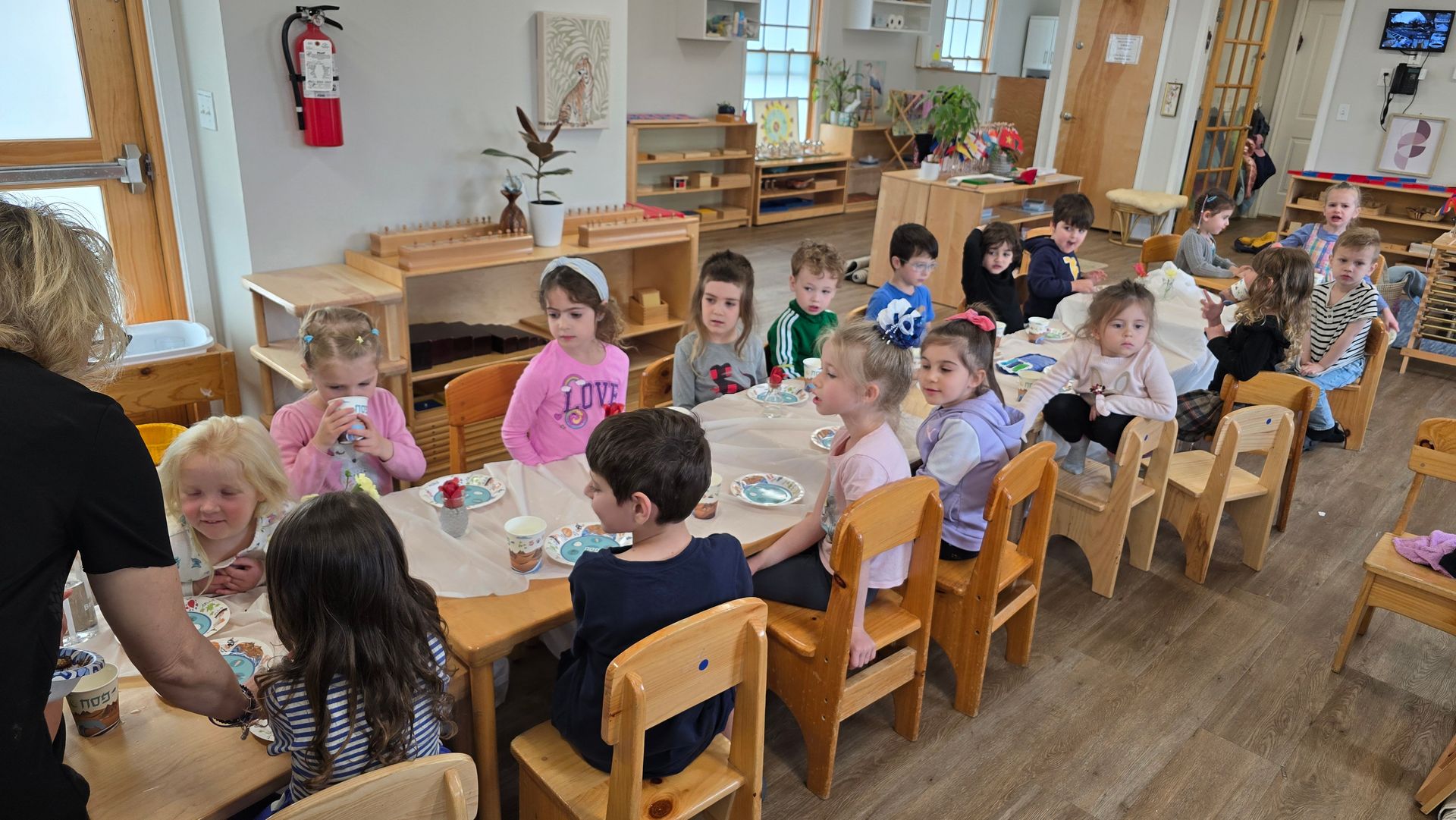
Our school gathered to celebrate Leil HaSeder, the special evening of the Passover (Pesach) holiday. This beautiful tradition allows us to retell the story of the Israelites' exodus from Egypt and their journey to freedom. More than just recounting history, Leil HaSeder teaches us about resilience, gratitude, and the importance of passing down traditions from generation to generation. The Story Behind the Seder Passover commemorates the miraculous liberation of the Jewish people from slavery in Egypt over 3,000 years ago. The Haggadah, the text read during the Seder, guides us through this story with symbolic foods, songs, and rituals. Each element on the Seder plate represents a different part of the Israelites' journey, helping children and adults alike connect to the past in a meaningful way. Experiencing the Seder Through the Montessori Lens In our Montessori environment, children learn best through hands-on experiences. Our Leil HaSeder celebration provided a multi-sensory approach to understanding the holiday, allowing the children to see, touch, smell, and taste the elements of the Seder plate. Matza – The unleavened bread that reminds us of the Israelites' hurried departure from Egypt. The children explored its texture, noticed its crispness, and tasted its unique flavor. Maror (Bitter Herbs) – Representing the bitterness of slavery, the children smelled and carefully tasted the strong, sharp flavors, helping them connect to the struggles of the past. Haroset – A sweet mixture of apples, nuts, and grape juice, symbolizing the mortar used by the Israelites in their labor. The children enjoyed its contrasting sweetness and grainy texture. Carrot & Lettuce – These vegetables symbolize different aspects of the Israelites' journey, including both hardship and growth. Children engaged in thoughtful conversation about the meaning of these foods. Zeroa (Shank Bone or Roasted Beet) – Traditionally representing the Paschal sacrifice, we used a roasted beet instead of real meat to keep our kosher restrictions. Beitzah (Roasted Egg) Symbolizes mourning for the destruction of the Temple and the cycle of life and renewal. A Joyful and Meaningful Celebration As part of our celebration, we enjoyed a warm bowl of homemade matzah ball soup , a favorite among the children! Sharing this comforting dish brought a sense of togetherness and joy to the meal. We also sang traditional Pesach songs , filling the room with music and happiness. Reading from the Haggadah , the children listened intently to the ancient words that continue to be shared in Jewish homes around the world. Through these experiences, our Montessori students connected deeply with the holiday, engaging all their senses to build a lasting understanding of Passover. By celebrating Leil HaSeder together, we not only honor our traditions but also nurture a love for learning, storytelling, and cultural heritage. We are so grateful for this opportunity to celebrate together and wish all of our families a Chag Pesach Sameach – a happy and meaningful Passover!
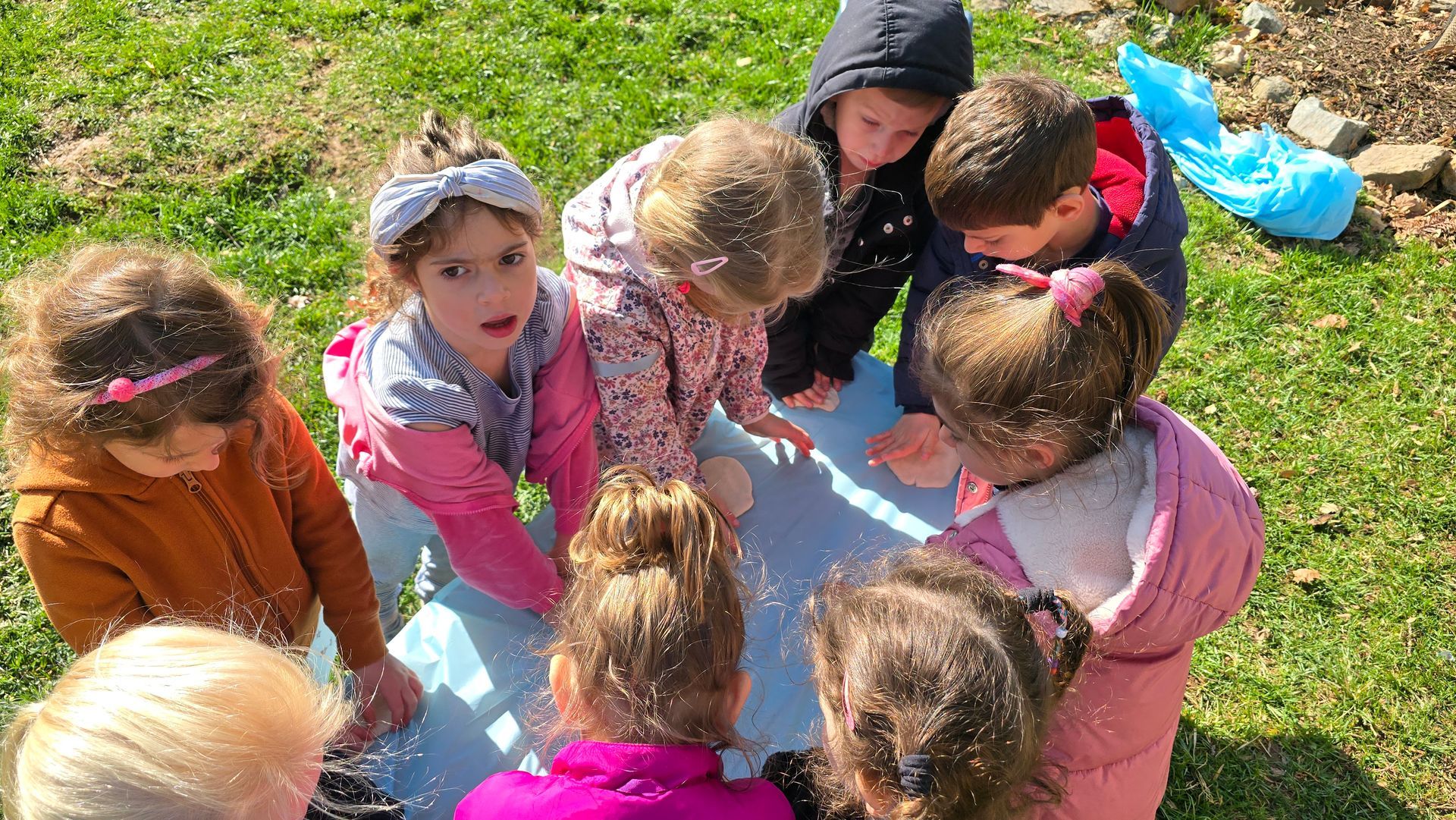
In the days leading up to Pesach ( Passover) , our children stepped into history, reliving the journey of Bnei Yisrael as they hurried to leave Mitzrayim. In true Montessori fashion, they engaged in a hands-on experience that connected them to the deeper meaning of the holiday—baking their very own matzah on our school’s tabun (fire pit).
